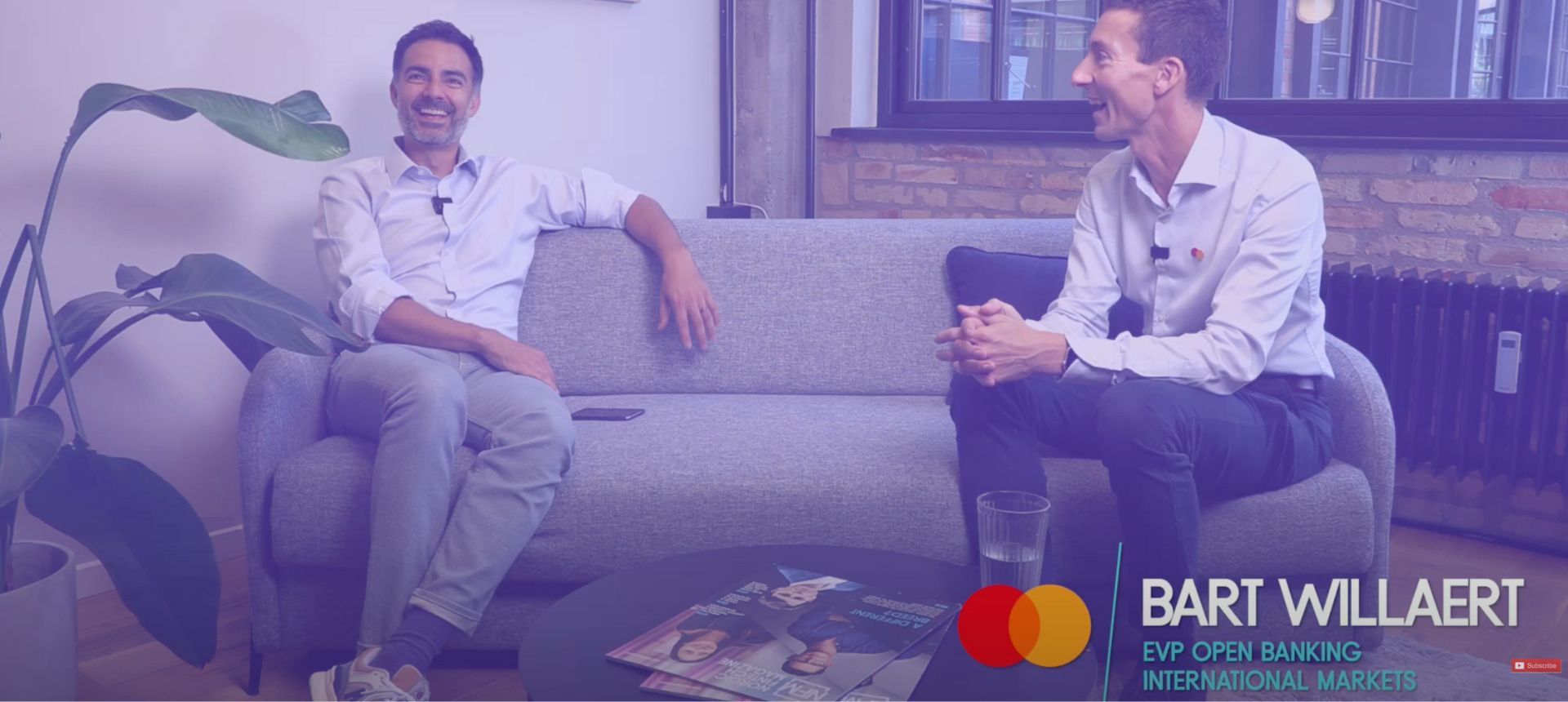
PSD2 explained - Q&A: How can banks benefit from PSD2?
July 20, 2019 | Louise Basse
For hundreds of years, banks have played an important role as the trusted holder of financial data. But as the EU’s payment directive PSD2 has forced banks to give up their monopoly on financial transactions, we’re starting to see radical changes in the way we bank.
So. How can the banking sector benefit from the changes PSD2 requires?
In our new series of Q&As, we sat down with Danske Bank’s Jon Schäffer. As Head of Strategic Partnerships, Jon is on a mission to position Danske Bank as an Open Banking front-runner. In our talk, we discuss changes, opportunities, and how banks can leverage PSD2 — beyond compliance.
Do you see PSD2 a golden opportunity or a step back for banks?
“I think it’s fair to say that PSD2 has changed the balance of power. When you’re forced to open up and share your ‘gold’, you’re left to decide how you should do it. To avoid disruption, some banks might think they have to make it difficult for third parties to access financial data. At Danske Bank, we have a whole other mindset when it comes to PSD2 and Open Banking. We see PSD2 as a strategic opportunity to be the ones with the best open APIs and developer portal.

Jon Schäffer, Head of Strategic Partnerships at Danske Bank
Obviously, PSD2 has been a huge wake-up call for the banking sector. It has forced us to open more up — and in reality, that’s what PSD2 is all about. Banks have been a safe holder of financial data for hundreds of years, and now consumers need to be more in control of their own data. In this way, PSD2 has also made us — the banks — realize that we can’t be good at everything.
Instead, we need to figure out what we’re good at specifically and focus on that. We’re asking ourselves questions such as: “How can we still be relevant in 5–10 years? Should the financial sector be better at cooperating with each other instead of competing against each other?” I’m sure these considerations will not only benefit the banking sector but also society in general.”
Why do you think it’s important for banks to team up with fintechs?
“Basically, new partnerships with fintechs make it possible for banks to get new services and products to the market a lot faster. As Danske Bank has been working with fintechs such as Nordic API Gateway, we’ve learned a lot from each other. Bigger banks often have a lot of experience dealing with legal issues, and fintech companies generally have an incredible passion for the products they’re working on. If a fintech company runs into a problem on the way, you can be sure that their passionate mindset will solve it quickly. So, while fintechs can use the banking sector for legal issues and compliance, banks can benefit from the fintech industry’s passion and hard-working mindset.”
So. What will the banking sector look like in 10 years according to you?
“I think banks need to be much more specialized in specific customer segments than they are today. In 10 years, I believe banks have cut back on a lot of the different services and products they’re offering today. To innovate faster and create better solutions, we need to reduce our range of services significantly and focus on more specific services. What is more, I believe we’ll see more and more banking functions become available in third-party applications, such as ERP systems in the future. We’re going to see a whole new payment flow in which payments will be a much better integrated part of consumers’ everyday lives.

I also believe the future relationship between the consumer and the bank will be much more focused on digital and intelligent solutions in which consumers will get remote advice from banks instead of going to a physical bank meeting. But the reality is that consumers still tend to choose to go to a physical bank meeting when they’re facing important financial decisions, such as buying a house or making other big investments.”
If you would like to know more about how Aiia can help you grow your business within open banking, reach out now.




